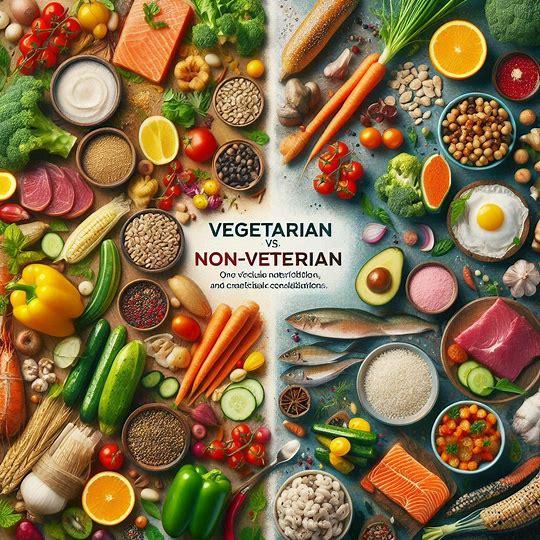Introvert or Extrovert
BY WISH2DAYS
We're using many books,many meeting to many people to get their knowledge and experience.
The debate between vegetarian and non-vegetarian diets is a long-standing one, touching on health, ethical, environmental, and cultural dimensions. Each choice has its advocates, and understanding the nuances can help individuals make informed decisions.





